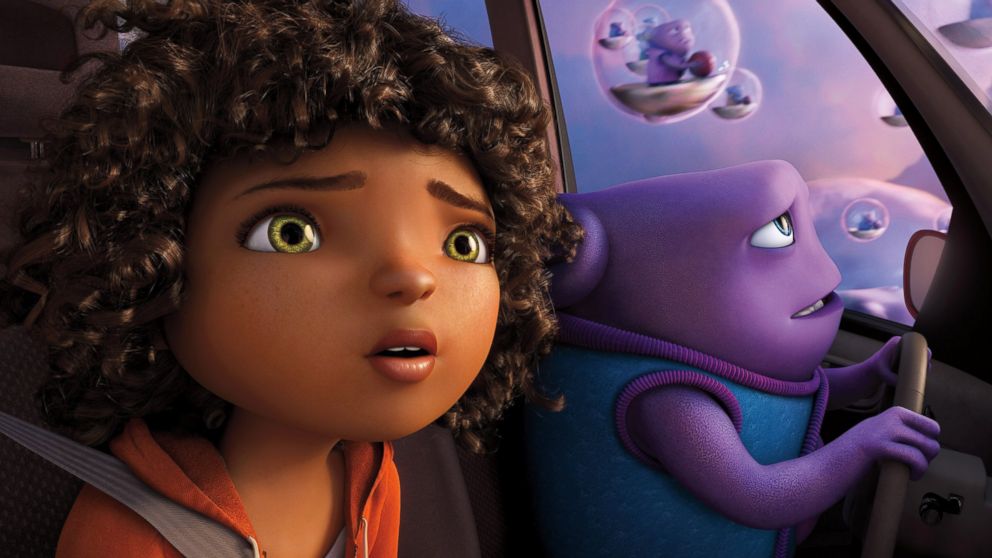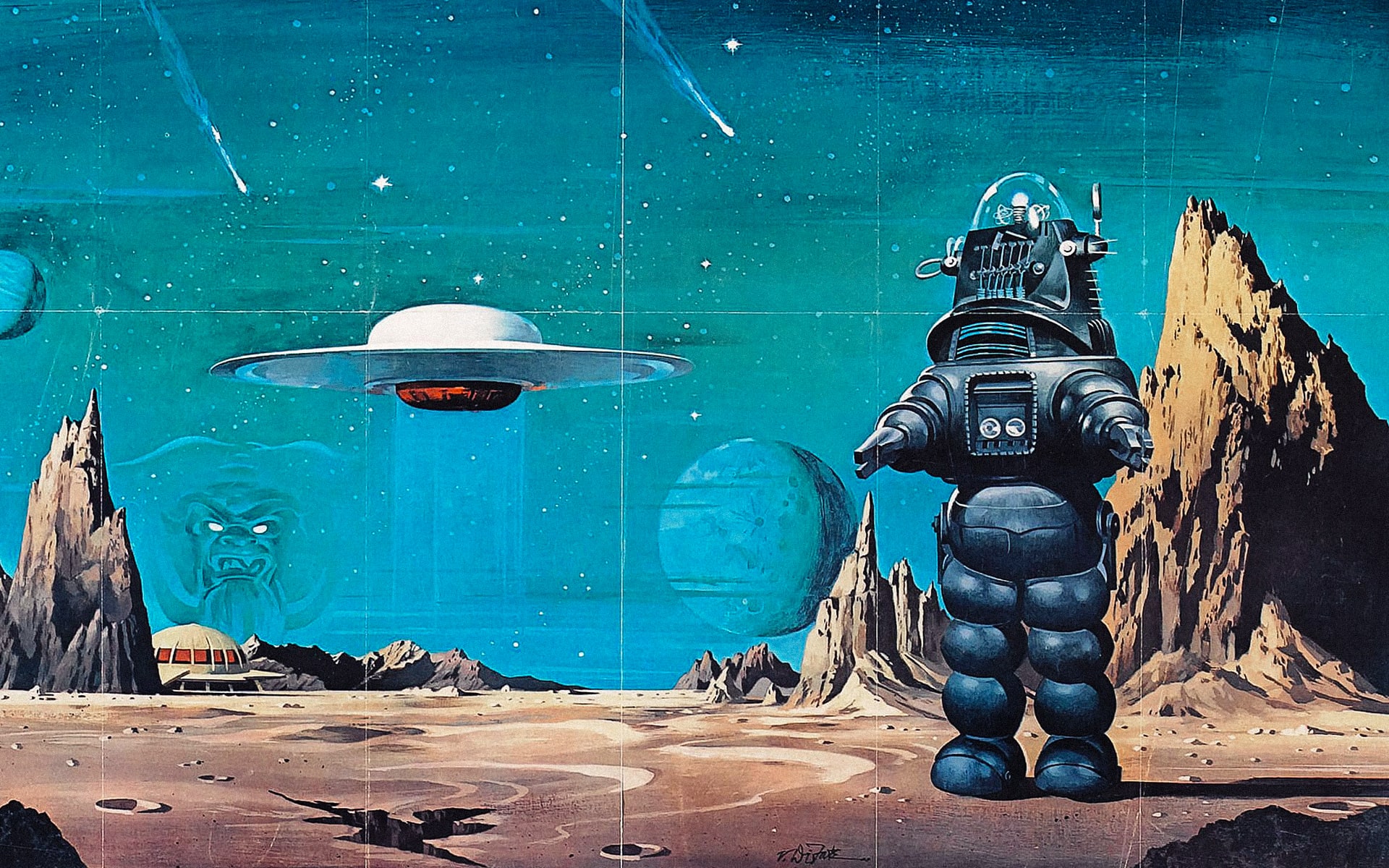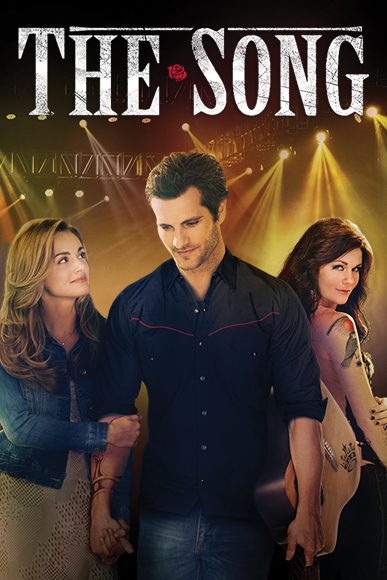


Stanley Kubrick wanted to use classical compositions instead of the commissioned (and discarded) Alex North score to attain an appropriately massive soundtrack to his cerebral sci-fi masterpiece, and Richard Strauss's tone poem supplies the film's opening moments with an immediate sense of scope and grandeur: This is what the majesty of the universe sounds like. That's when the light crests over a gigantic planet-the view of a sunrise as seen from an orbiting space station, or witnessed by God Himself. It builds, softly, with three ascending notes.then an eruption of strings and woodwinds, punctuated by colossal timpani hits. (Above is the trailer-brace yourself-and here's a link to the scene.) -Joshua Rothkopfĭownload Tubular Bells on Amazon Watch the video for Tubular Bells by Mike Oldfield "There's not a day in my life that I don't feel like a fraud," one of them says, anguished. Suddenly Burstyn stops, noticing two priests having a heart-to-heart conversation. Nuns pass, their robes billowing in ghostly waves. Children cavort in costume—it's Halloween. Early in the film itself, you seen Ellen Burstyn strolling down a leaf-strewn Georgetown street. In the piece's tinkling piano and synths, you can hear a premonition of the iconic soundtracks of John Carpenter to come.

The most signature piece of music to ever grace a horror movie (and now an instant evocation of creeping doom), Mike Oldfield's prog-rock composition was selected for this 1973 blockbuster's opening theme after an entire original score was rejected by director William Friedkin.


 0 kommentar(er)
0 kommentar(er)
